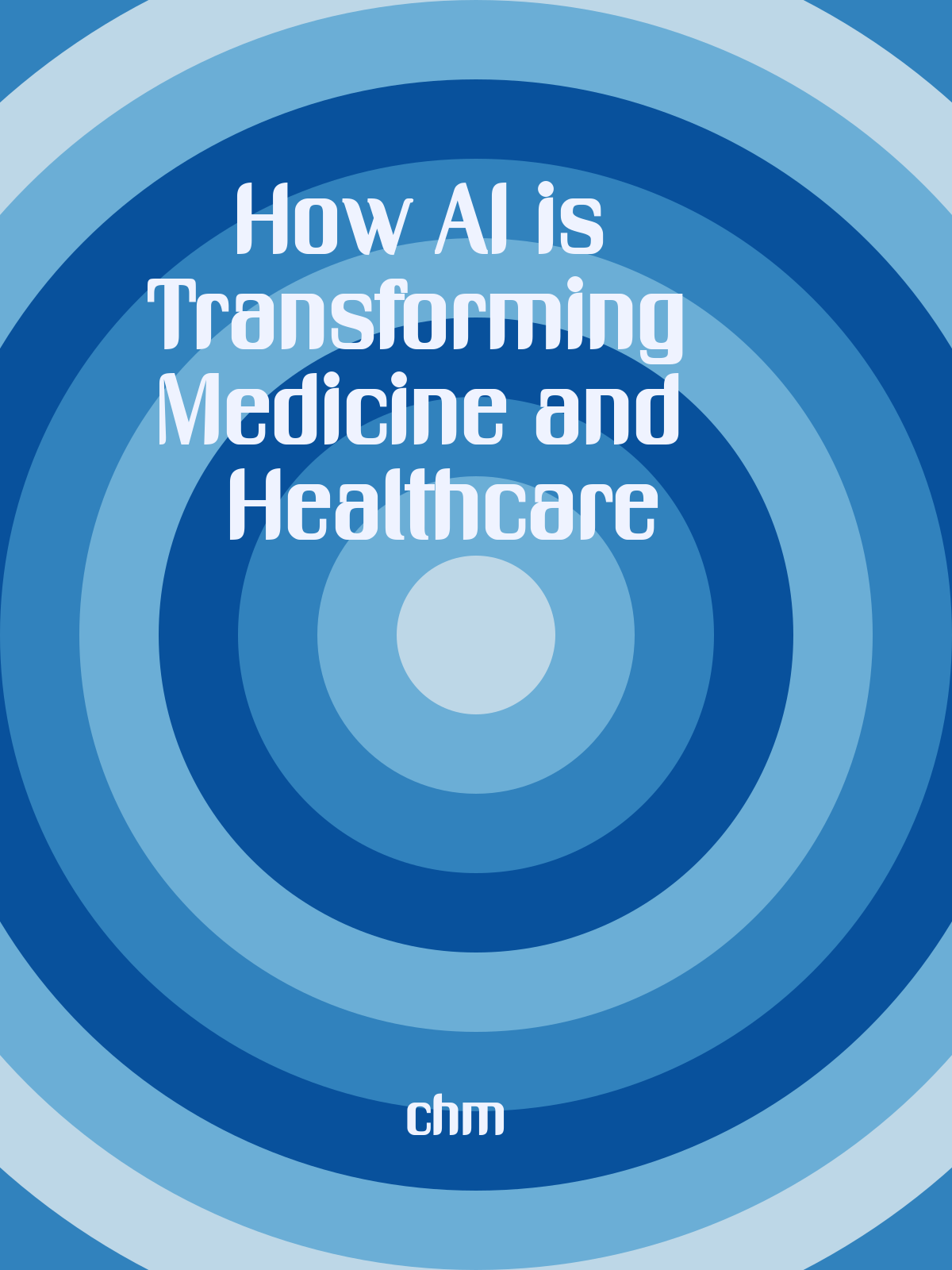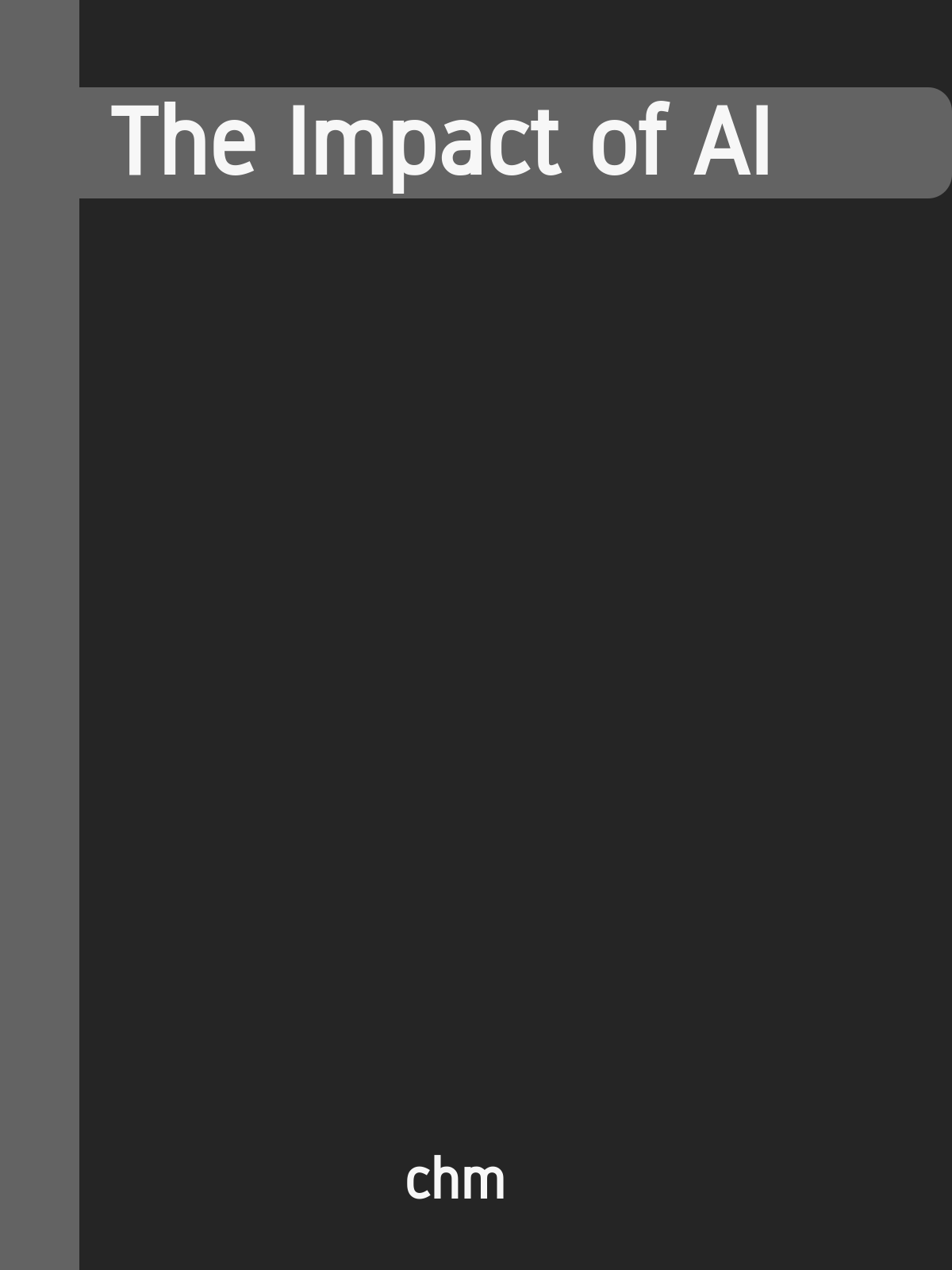

Black holes are massive and mysterious objects in the universe. They are formed when a star dies and collapses in on itself. The gravity of a black hole is so strong that not even light can escape it. Black holes are invisible because they emit no light. A black hole can be discovered by its effects on the surrounding objects.

Silicon Valley has been a hub for innovative technology for many years. Some of the Silicon Valley tech giants include HP, Cisco, and Google. Many important tech milestones have been achieved in Silicon Valley , such as the invention of the first silicon transistor and the first personal computer. The Valley has also been home to the first video game console and the first search engine.

AI is having a transformative effect on medicine and healthcare, helping to diagnose and treat medical conditions, develop new medicines and more effective treatments, and create more personalized medicine. AI is also being used to develop robots and other technological innovations that are improving the quality of life for patients and doctors alike.

Quantum computing is a type of computing that uses quantum-mechanical phenomena to perform operations. These computers are capable of solving problems much faster than classical computers. Quantum computing has important implications for cryptography and other fields.

1. AI is increasingly being used to create fake news stories and deepfake videos, which could be used to manipulate public opinion. 2. Some experts believe that AI could eventually lead to the development of intelligent machines that surpass human intelligence, leading to a future where machines rule the world. 3. Others believe that AI will help humans achieve greater levels of intelligence and creativity, and that the two will eventually merge into one. 4. AI is already being used in a number of industries, and its use is only expected to increase in the future. 5 . Some experts believe that AI could eventually lead to the development of fully autonomous weapons, which could be used in warfare or other dangerous situations.

Hubble has been one of the most important telescopes in our quest to understand the universe. It has helped us discover new galaxies, determine the rate of the universe's expansion, and find evidence for black holes. It has also provided us with images of comets, asteroids, and other objects in our solar system.

The Hubble Space Telescope is one of the most popular space telescopes. It has been in operation since 1990 and has made over 1 million observations. It has observed over 10,000 galaxies and has been used to discover over 1,000 planets. It has helped scientists better understand the universe.

The article discusses six interesting facts about telescopes, including the cost of the Hubble Space Telescope, the size of the largest telescope, and the launch of the most powerful telescope. It also mentions the number of amateur astronomers in the United States and the first telescope ever built.